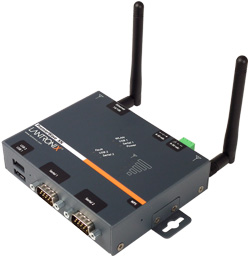- UMTS, Universal Mobile Telecommunications System
- GSM (Global System for Mobile Communications, originally Groupe Spécial Mobile)
One of the main benefits of UMTS is its speed. Current rates of transfer for broadband information are 2 Mbits a second. This speed makes possible the kind of streaming video that can support movie downloads and video conferencing. In a sense, UMTS makes it possible for you to enjoy all of the functionality of your home computer while you are roaming. By combining wireless and satellite cellular technologies, UMTS takes advantage of all existing options to result in the Holy Grail of 3G presentation: seamless transitions between WiFi and satellite.
UMTS went live as a network for the first time in Japan in 2001. Austria had its own network two years later. A handful of other European countries joined the UMTS bandwagon in the next two years, with South Africa and a few other African countries soon following suit. The U.S. has employed UMTS networks in several large cities, and the number is steadily growing.
UMTS is based on the Global System for Mobile (GSM) standard, which is the gold standard in Europe and more than 120 countries worldwide. In fact, UMTS is sometimes referred to as 3GSM. The two systems are not compatible, however. UMTS is incompatible with GSM. Some phones are dual GSM/UMTS phones, but unless that exciting new mobile phone or handset that you can't wait to get your hands on has that kind of duality built in, you will only be able to utilize one mode, the one that came with the device.
As UMTS gains in credibility and functionality, experts believe it will overtake GSM as the industry standard. UMTS is already able to operate at a higher frequency than GSM.

No comments:
Post a Comment